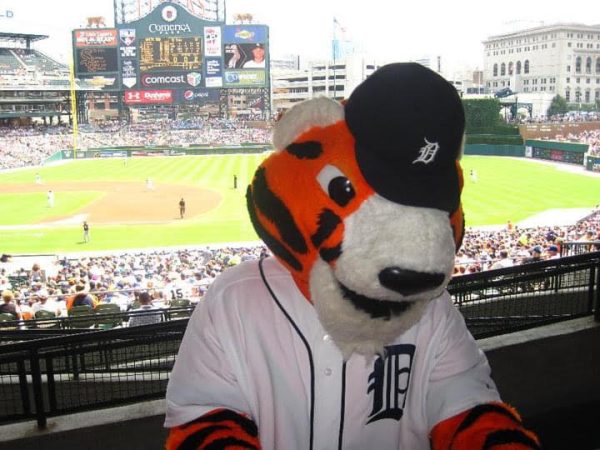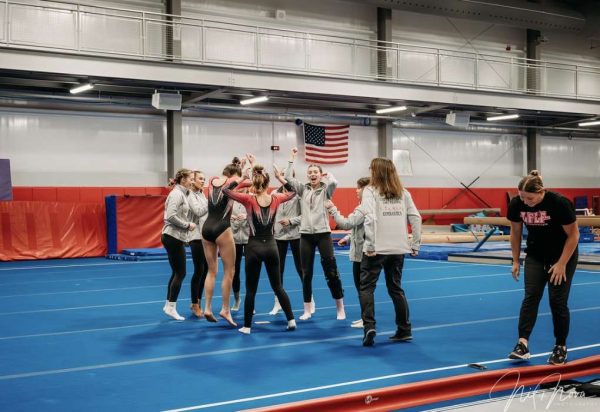Social expectations may provide insight into society’s attraction to violent sports
The other night on the news, a retired doctor and New Hampshire school board member Paul Butler made the radical suggestion to ban high school football because the sport is unsafe for underage students.
Despite the fierce criticism Dr. Butler faced, his claim actually makes sense. He is right on that minors who play high school football are exposing themselves to the danger of head trauma. Hearing the uproar of defense for this classic American pastime, one can’t help but wonder why Americans defend a sport that is proven to be dangerous. The draw to contact sports, such as football, has been attributed by many sociologists to the social expectations of masculinity.
“The ‘ideal man’ is often seen as aggressive, competitive, athletic, strong, unemotional (except for anger),” Associate Professor of Sociology at the University of Michigan Flint Heather Laube said. “There is lots of sociological research on this. This doesn’t mean that all men are like this, or even strive to be like this, but this is certainly one ideal of masculinity. So – I think men participate in these sports because it is part of this ideal masculinity. They probably don’t think about it this way; they do it because it’s what boys and men do.”
While some believe that violent sports are simply an outlet for anger and frustrations, Laube believes that violent actions in sports send the wrong message to society and to those who participate in the sport.
“I think it can be difficult for boys and men to express emotions other than anger and frustrations (which may lead to violence and aggression) because they are constantly bombarded with messages that tell them this is what it means to be a man,” Laube said. “People will say ‘boys will be boys’ or blame it on testosterone. We encourage violence and aggression by rewarding athletes who participate in these sports (with HUGE amounts of money in paychecks at the professional level and funding at the high school and college levels), this teaches everyone that this is behavior we see as appropriate and acceptable (on and off the field).”
Violent sports would not exist without an audience. Our society obviously supports these types of activities given the success and profitability of sports like football.
“It’s interesting to think about what it means that we are entertained by violence,” Laube said. “I think part of what it says is that this is what we think this is normal (and actually good) behavior for boys and men. It says that we think this is normal and acceptable. That concerns me.”
Social expectations give important insight into the popularity of violent sports. However, as new research suggests the permanent physical damage these sports can cause, Americans may be forced to choose between their beloved sports and the safety of athletes.





